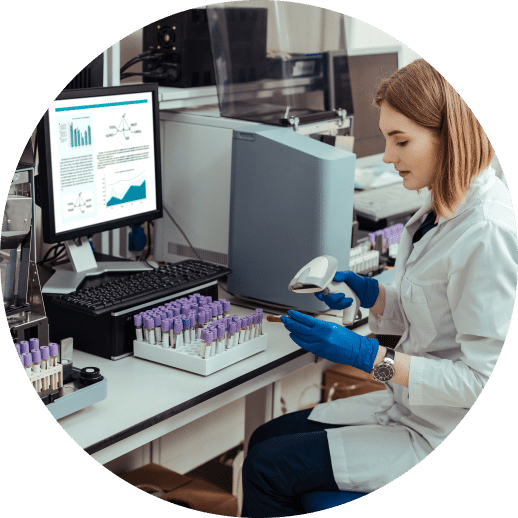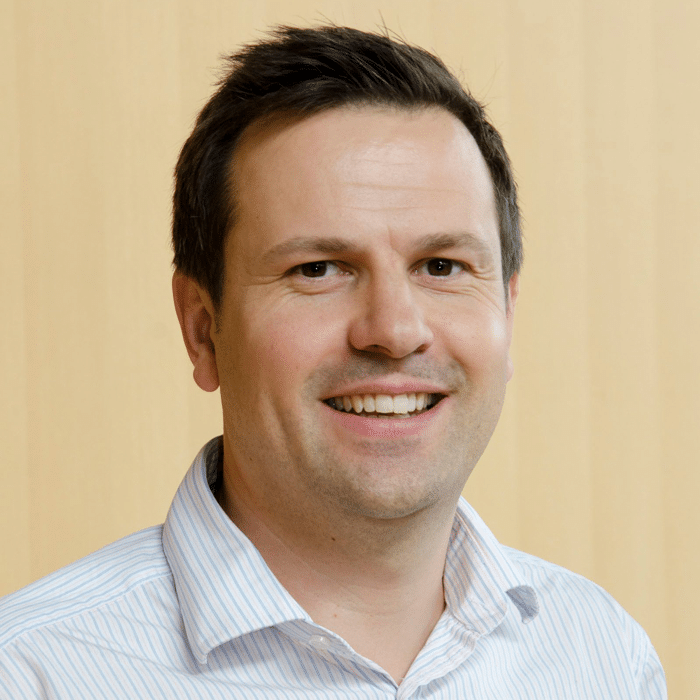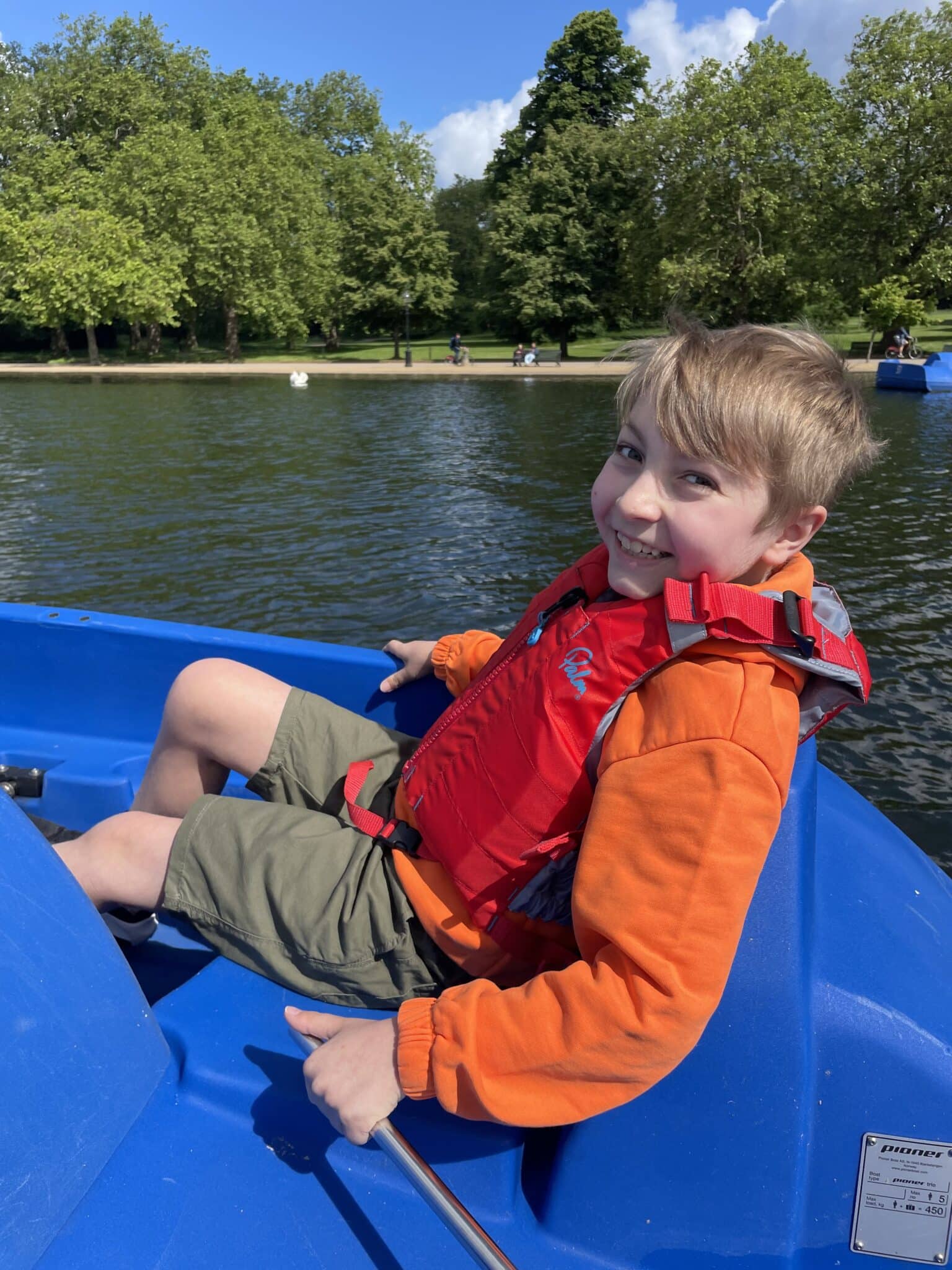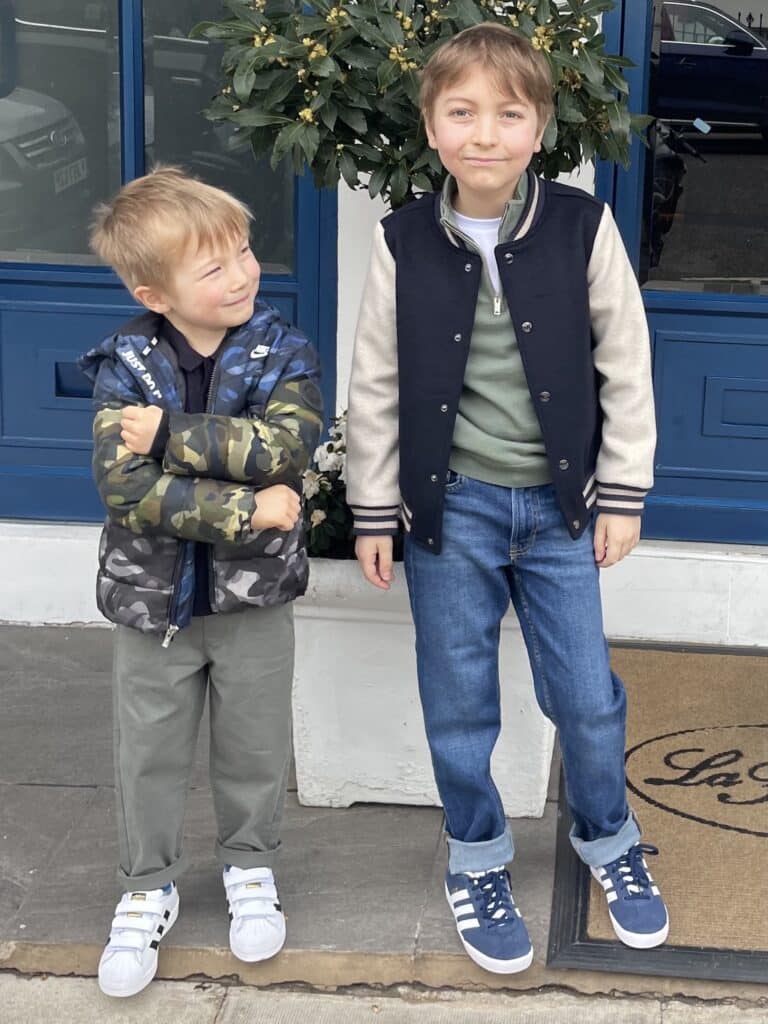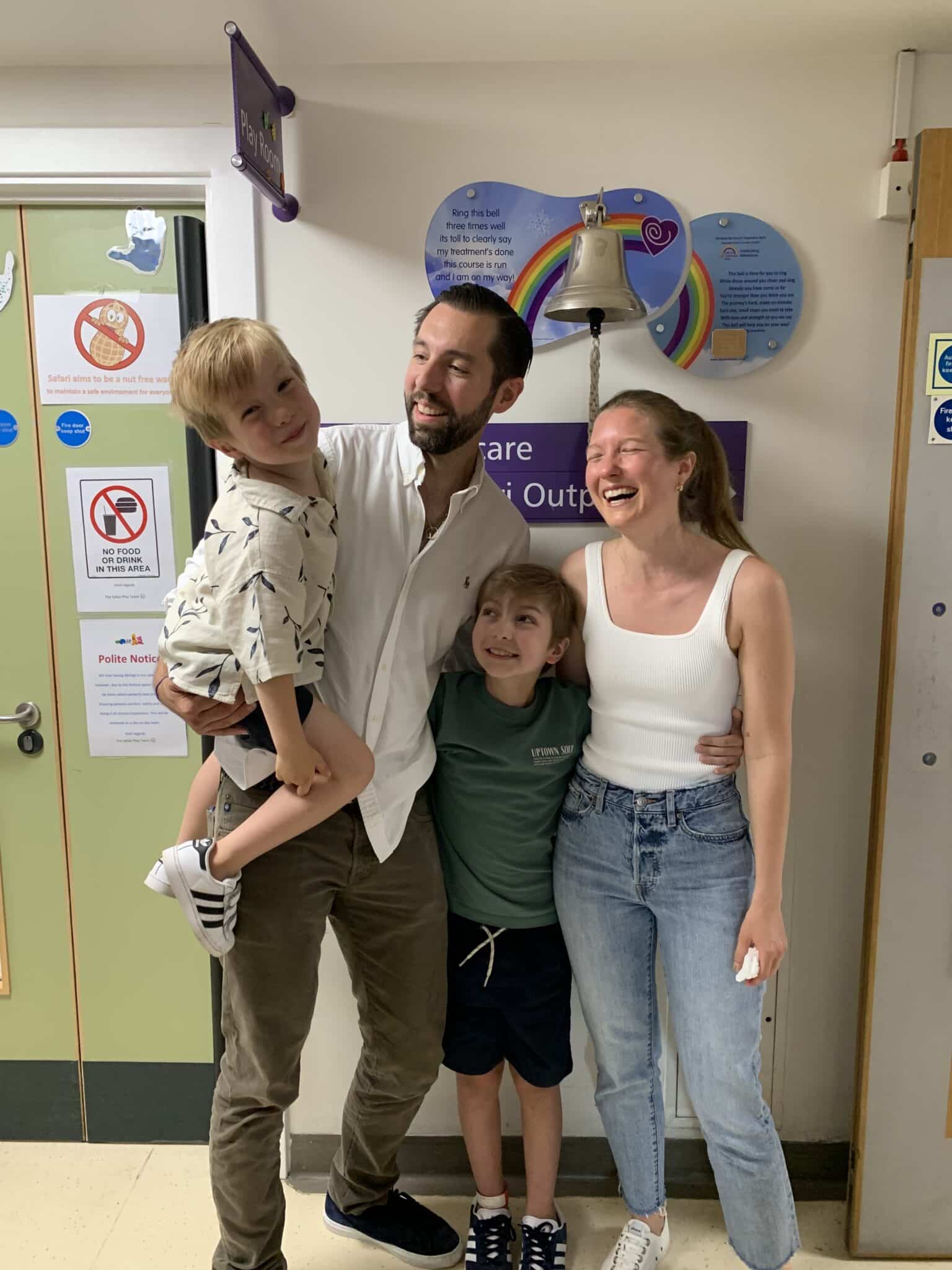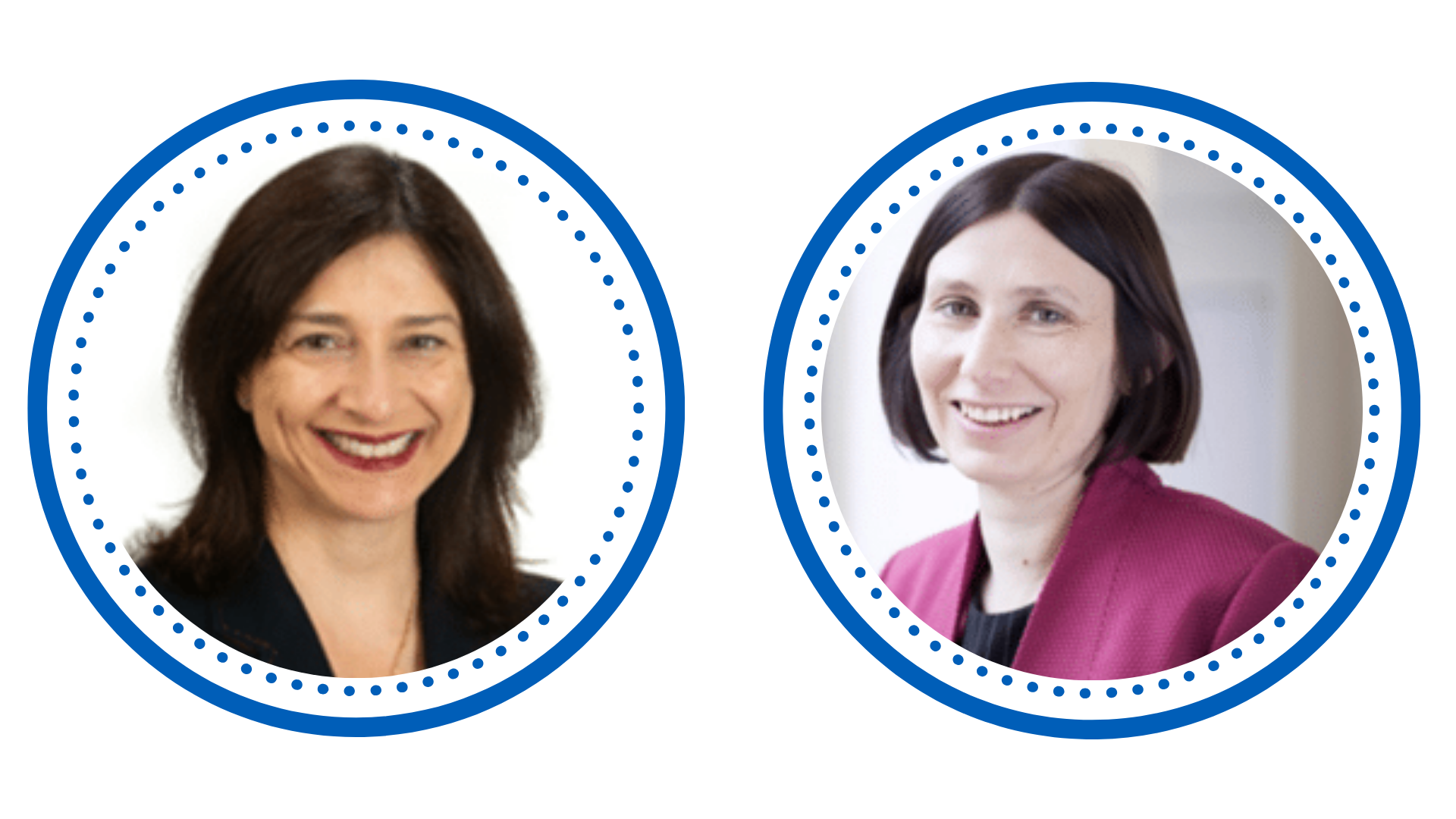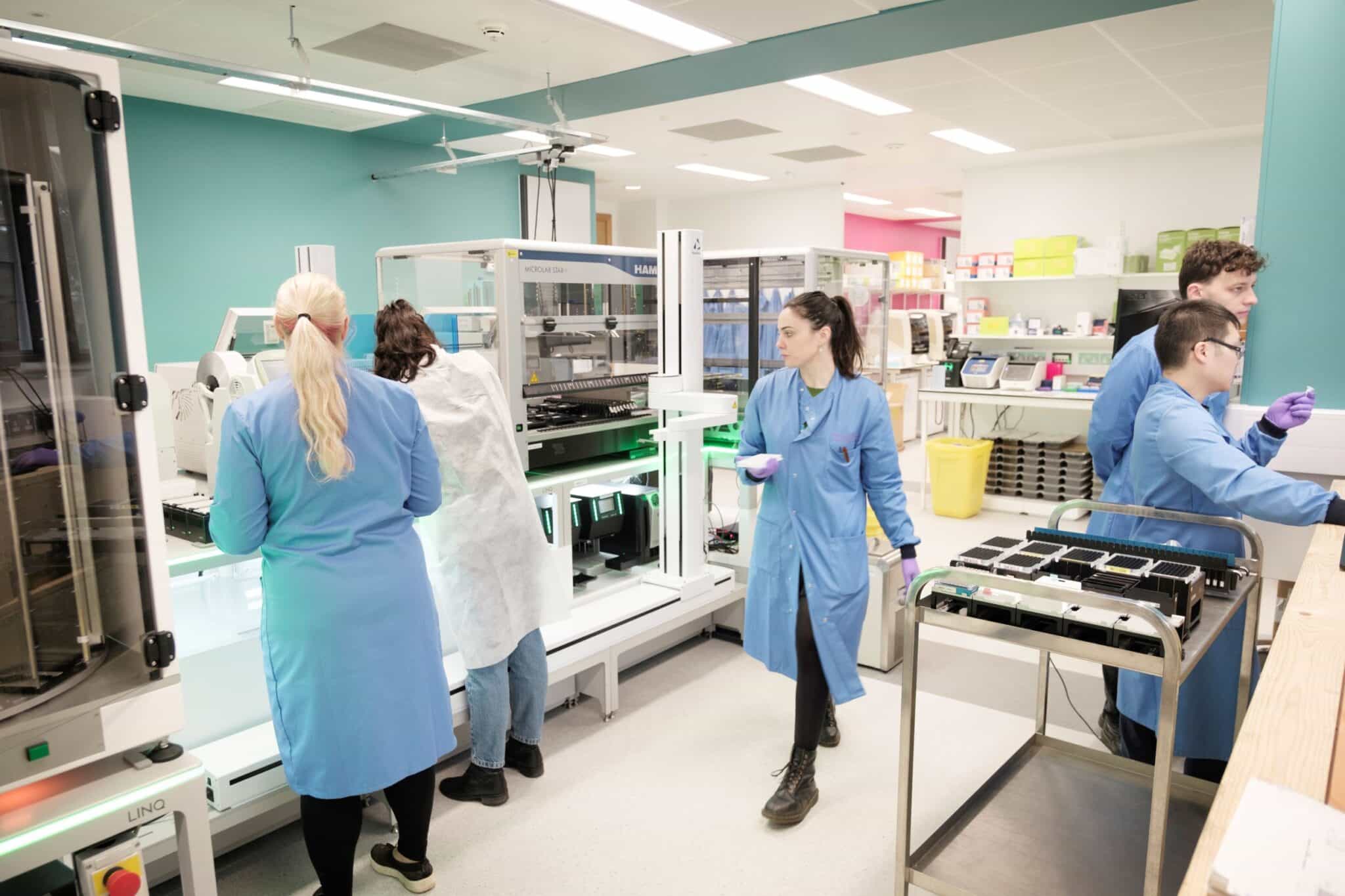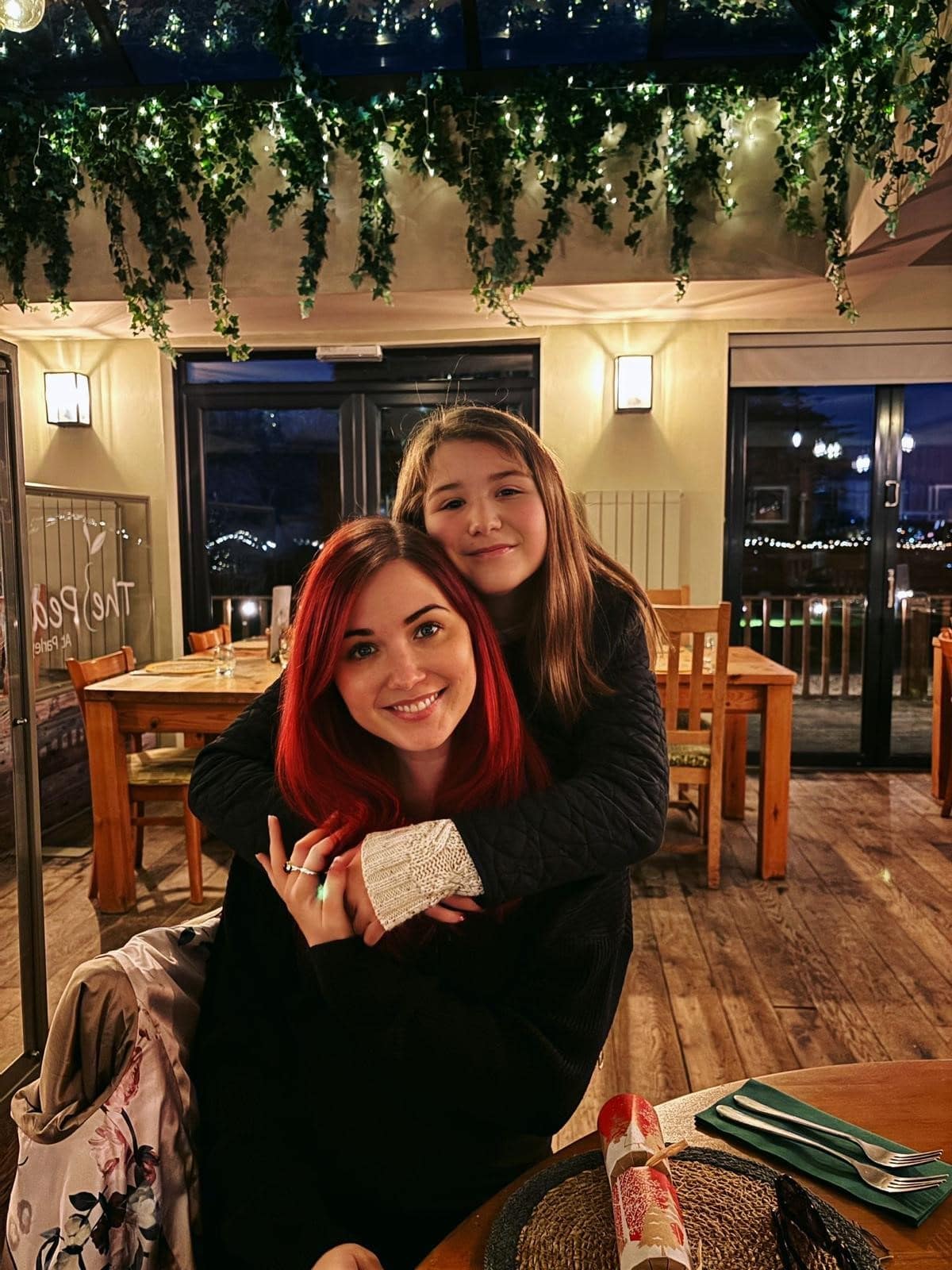“Whole genome sequencing should be delivered as part of routine care to all children with suspected cancer”
NHS England is one of the few health services in the world that has a national initiative, through the Genomic Medicine Service, offering universal genome sequencing to every child with suspected cancer. However, due to multiple barriers, whole cancer genome sequencing is not yet widespread practice.
Dr Jack Bartram, senior author from Great Ormond Street Hospital NHS Foundation Trust and the North Thames Genomic Medicine Service, said:
“Childhood cancer treatment is mostly guided by genetic features of the tumour, and therefore an in-depth genetic understanding of cancer is crucial in guiding our practice. Our research shows that whole genome sequencing delivers tangible benefits above existing tests, providing better care for our patients. We hope this research really highlights why whole genome sequencing should delivered as part of routine clinical care to all children with suspected cancer.”
Professor Sam Behjati, senior author from the Wellcome Sanger Institute, the University of Cambridge and Cambridge University Hospitals, said:
“Whole genome sequencing provides the gold standard, most comprehensive and cutting edge view of cancer. What was once a research tool that the Sanger Institute started exploring over a decade ago, has now become a clinical test that I can offer to my patients. This is a powerful example of the genomic data revolution of healthcare that enables us to provide better, individualised care for children with cancer.”
